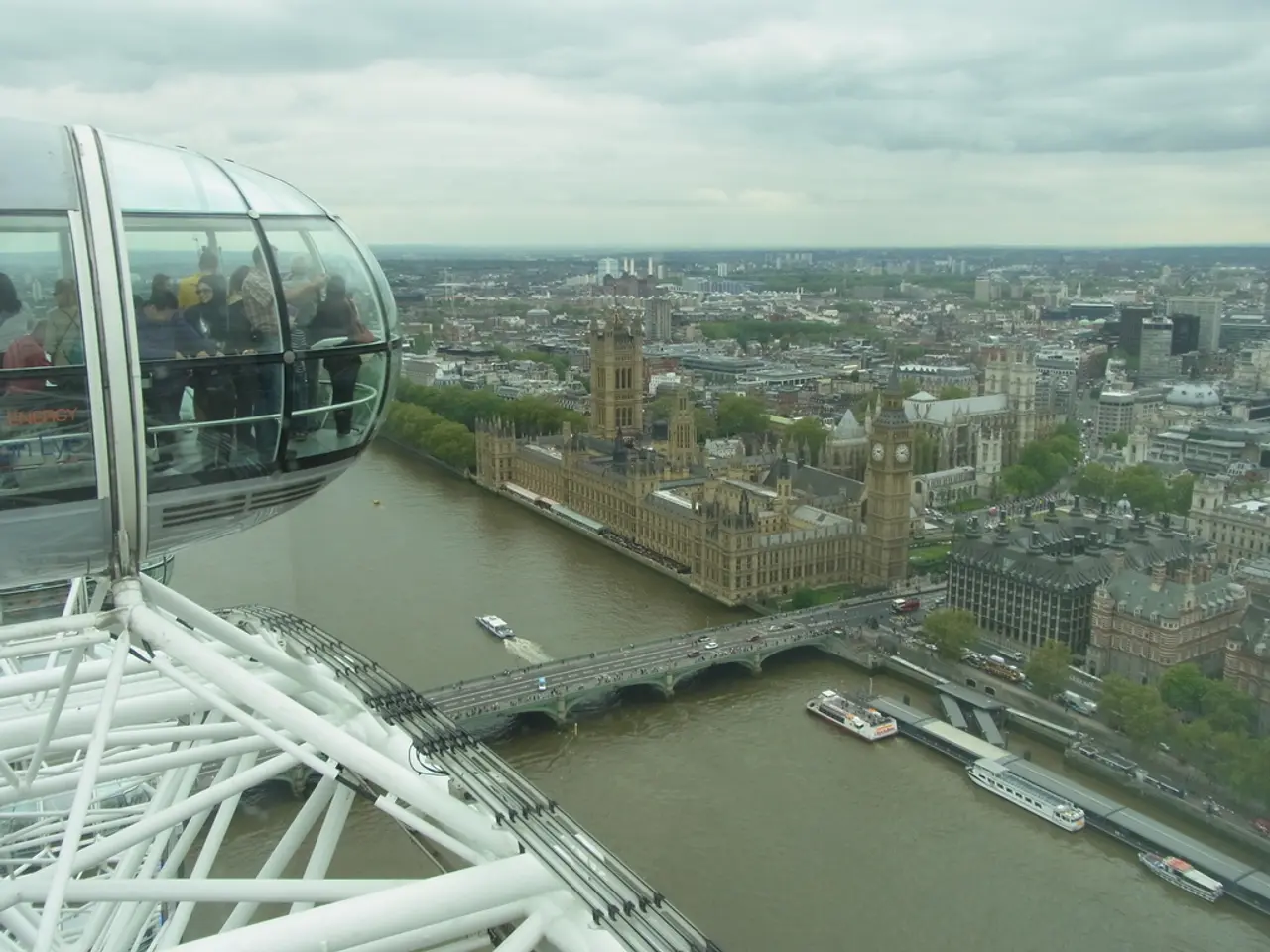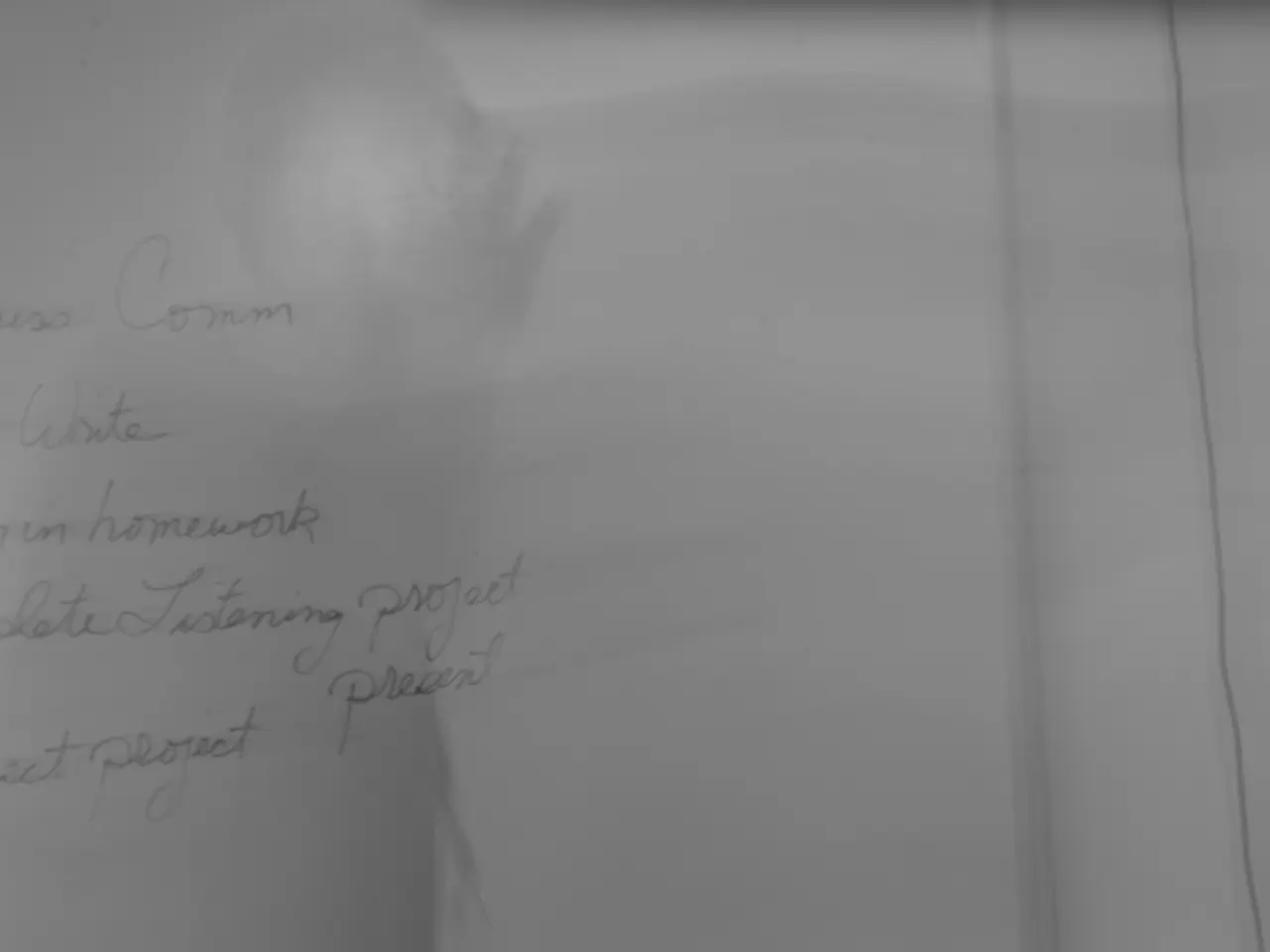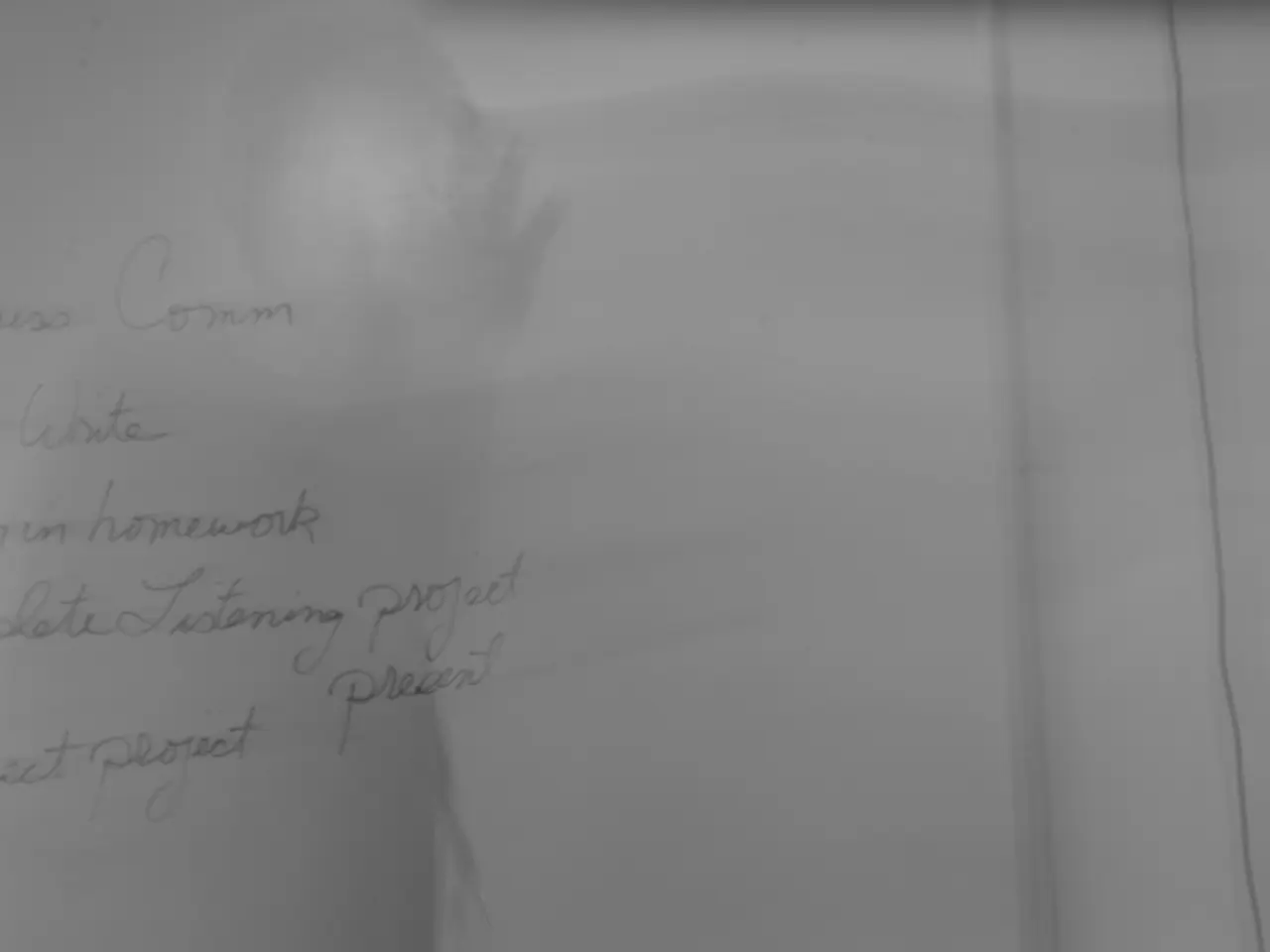Collapse of the striking partnership between Islam and the liberal faction
Published on 4th August 2025
The traditional alliance between the progressive left and British Muslims is facing significant challenges, as their differing views on social issues create a chasm that threatens to split the coalition apart.
Key context:
The Green Party, historically supported by many young British Muslims for its economic and foreign policy stances, particularly on Palestine, recently saw a public strain in this alliance when a Muslim councillor hesitated to endorse LGBTQIA+ related pledges. This exemplifies the difficulty in reconciling social conservatism with progressive social agendas.
Prominent figures like MP Adnan Hussain have acknowledged that British Muslims tend to be socially conservative but question whether the left can provide a sufficiently broad and inclusive space to accommodate these authentic voices alongside other minority groups.
The newly forming left-wing party initiatives led by figures such as Jeremy Corbyn and Zarah Sultana aim to unite around opposition to austerity and foreign policy issues like Gaza, but they are aware of the internal fractures. They acknowledge agreement with Muslim voters on economics and foreign policy but profound divergence on social issues such as abortion persists, complicating coalition building.
These social fractures are significant because the left’s electoral prospects partly depend on maintaining support from Muslim voters, who have aligned on economic justice and anti-imperialism but differ sharply on gender and sexual rights.
In the United States, Michigan, home to America’s largest Muslim population, voted Republican in the 2024 election, with a surge in support for Trump among Muslims in the state. Adnan Hussain, MP for Blackburn, waded into the debate, questioning if there is a space on the left for Muslims to have an authentic space.
The left and British Muslims were never natural allies, and both sides must now face up to this fact. The relationship between the two is fundamentally unstable, and a divorce between the two seems imminent.
The author of the article, Rakib Ehsan, is the author of the book "Beyond Grievance: What the Left Gets Wrong about Ethnic Minorities". He also discusses the Macrons' trans defamation suit and the Nuneaton child rape cover-up, as well as the resentment building over Ireland's migration crisis and the city council of Hamtramck, Michigan's ban on the flying of Pride flags on city property in 2023.
In a long-read titled "London: a city of strangers", the author explores the city's changing demographics and the tensions that arise from cultural differences. Fraser Myers, Tom Slater, and Julie Burchill are among the other authors mentioned in the article, contributing to a thought-provoking discussion on the state of the left and its relationships with various communities.
The our website podcast is also mentioned in the article, providing additional insights into the issues discussed. The majority of the website's revenue comes from reader donations, with 70% coming from monthly donations of £5 or yearly donations of £50. Donors receive ad-free reading, exclusive events, and access to the comments section.
As the alliance between the British left and socially conservative British Muslims faces increasing pressure, it remains to be seen how the two sides will navigate this complex landscape. The future of this coalition depends on whether the British left can create a "broad enough church" to accommodate these differences without alienating either side. Current developments suggest this is precarious, with possible fragmentation or realignment ahead as social issues become less easily reconcilable within a single progressive coalition.
- Identity politics, culture, and free speech are at the forefront of the debate between the British left and socially conservative British Muslims, with the left acknowledging profound divergence on social issues such as abortion, while striving to create a broad enough church to accommodate these differences without alienating either side.
- Cancel culture presents a challenge in this context as both sides grapple with finding common ground, with prominent figures like MP Adnan Hussain questioning whether there is a space on the left for Muslims to have an authentic voice, given the left's stance on social progress.
- The future of the alliance between the British left and Muslim voters is uncertain, as the general-news shows a shift in the electoral landscape, evidenced by the 2024 election in Michigan where a surge in support for Trump among Muslims contributed to a Republican victory.





